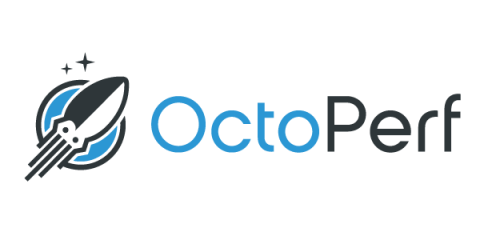Sponsored Post
Testing LLM Backends for Performance with Service Mocking
While incredibly powerful, one of the challenges when building an LLM application (large language model) is dealing with performance implications.











